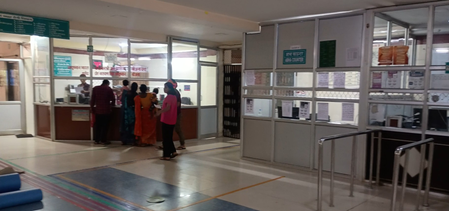Walking is beneficial for the body. This benefits weight loss and diabetic patients, but for some people a walk after eating can be a challenge. Yes, according to Dr. Anuj, three short walks (every 10 minutes) after dinner can be more effective than a long walk of 30 minutes to control blood sugar. It gives better results, especially if it is done immediately after eating.
According to a 2016 study published in the magazine, a 10-minute walk after meals, blood sugar control improves blood sugar control in people with type-2 diabetes. Walking after meals increases insulin sensitivity and improves glucose during digestion, which reduces the rapid growth in sugar levels.
Benefits of walking after eating
1. Control blood sugar – The body needs more insulin after eating. Walking provides more oxygen and energy to the body’s cells, which helps in quick use of blood sugar and controls the level.
2. Heart health- Regularly light exercise such as a walk improves heart health and improves blood circulation in the body.
3. Weight Management- It is very important to keep weight loss for diabetics. Walking burn calories and helps in weight control.
What do experts say?
Doctor Anuj Kumar, working in Jharkhand’s Public Health Campaign, says that a walk after eating is a good exercise, but some people should avoid walking after eating. Especially after any stomach surgery.
Who should not walk after eating?
People suffering from gastroparasis – this can cause nausea or swelling. In people suffering from severe heart disease – after eating, blood flow focuses on digestion and hard work can cause pressure on the heart. Patients of hypoglycemia – people using insulin or some drugs may experience low blood sugar while walking. People suffering from IBS – this is a serious digestive problem. Walking after eating can increase its symptoms. Some people feel dizziness, chest pain or excessive fatigue due to walking after eating, so they should relax.






